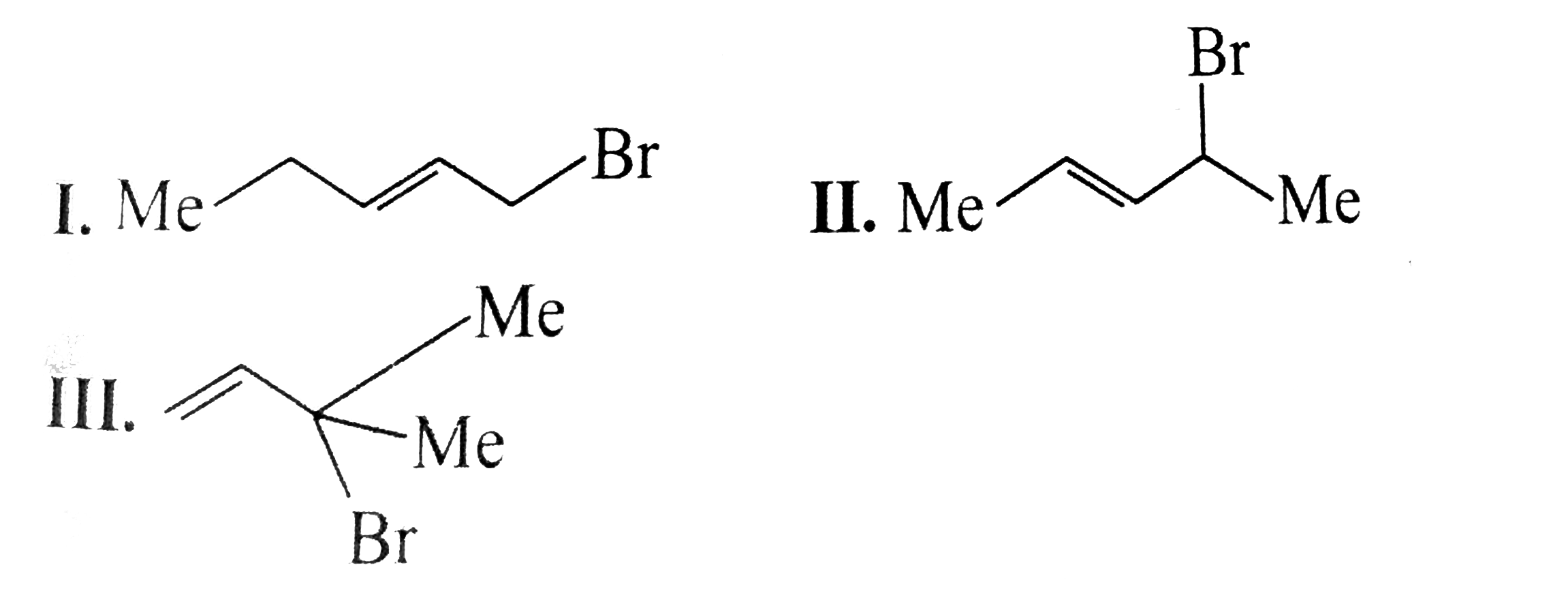Which of the following halides will be most reactive towards SN2 reaction?
A
C6H5CH2CH2CH2Br
B
C6H5−CH| CH3−CH2Br
C
C6H5CH3| C | CH3−Br
D
C6H5−CH2−CH| Br−CH3
Video Solution
Text Solution
The correct Answer is:A
|
Answer
Step by step video, text & image solution for Which of the following halides will be most reactive towards S_(N^(2)) reaction? by Chemistry experts to help you in doubts & scoring excellent marks in Class 12 exams.
Updated on:21/07/2023Topper's Solved these Questions
- BASIC PRINCIPLES OF ORGANIC COMPOUNDS (MECHANISM OF ORGANIC REACTIONS)BOOK - OP TANDONCHAPTER - BASIC PRINCIPLES OF ORGANIC COMPOUNDS (MECHANISM OF ORGANIC REACTIONS)EXERCISE - SET II
24 Videos
- BASIC PRINCIPLES OF ORGANIC COMPOUNDS (MECHANISM OF ORGANIC REACTIONS)BOOK - OP TANDONCHAPTER - BASIC PRINCIPLES OF ORGANIC COMPOUNDS (MECHANISM OF ORGANIC REACTIONS)EXERCISE - ASSERTION-REASON TYPE QUESTIONS
15 Videos
- BASIC PRINCIPLES OF ORGANIC COMPOUNDS (MECHANISM OF ORGANIC REACTIONS)BOOK - OP TANDONCHAPTER - BASIC PRINCIPLES OF ORGANIC COMPOUNDS (MECHANISM OF ORGANIC REACTIONS)EXERCISE - OBJECTIVE QUESTIONS (Level-A)
193 Videos
- BASIC PRINCIPLESBOOK - OP TANDONCHAPTER - BASIC PRINCIPLESEXERCISE - SECTION V INTEGER ANSWER TYPE QUESTION
3 Videos
- CARBOXYLIC ACIDS AND THEIR DERIVATIVESBOOK - OP TANDONCHAPTER - CARBOXYLIC ACIDS AND THEIR DERIVATIVESEXERCISE - Integer
4 Videos
Similar Questions
Knowledge Check
Which of the following compound will be most reactive toward S1N reaction?
ACH3−CH3∣C∣CH3−1BCH3−I∣CH−CH3CPh−Ph∣−∣CH3IDCH3CH=CH−IWhich of the following halides will be most reactive in SN1 reaction and SN2 reactions, respectively
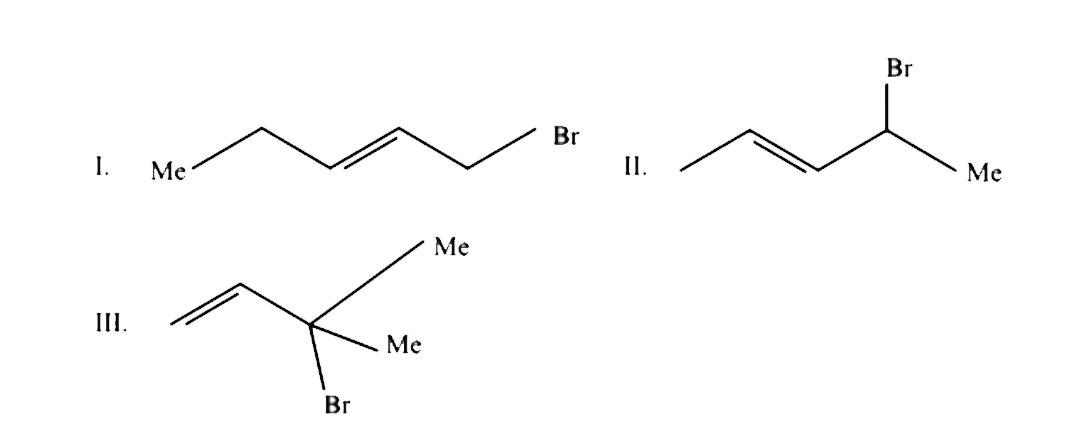 A(I), (II)B(II), (I)C(I), (III)D(III), (I)
A(I), (II)B(II), (I)C(I), (III)D(III), (I)Which one of the following species will be most reactive in SN2 reaction
A B
B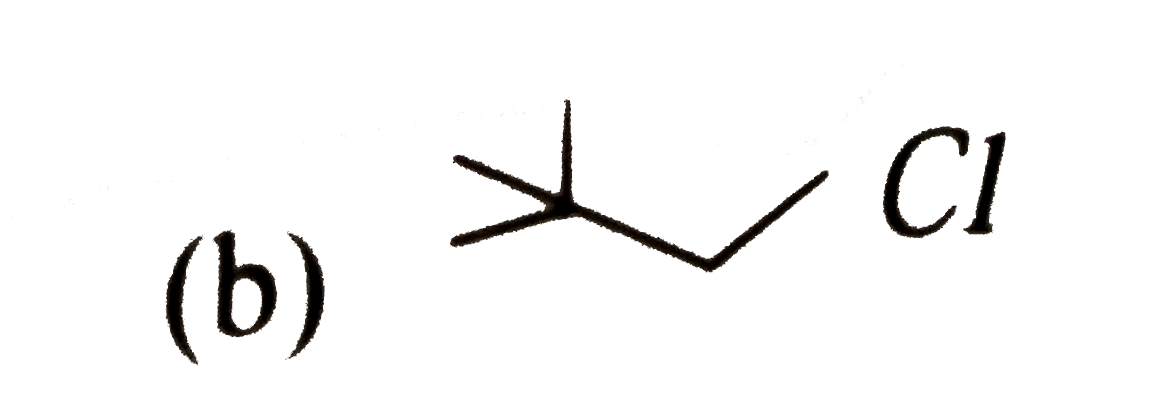 C
C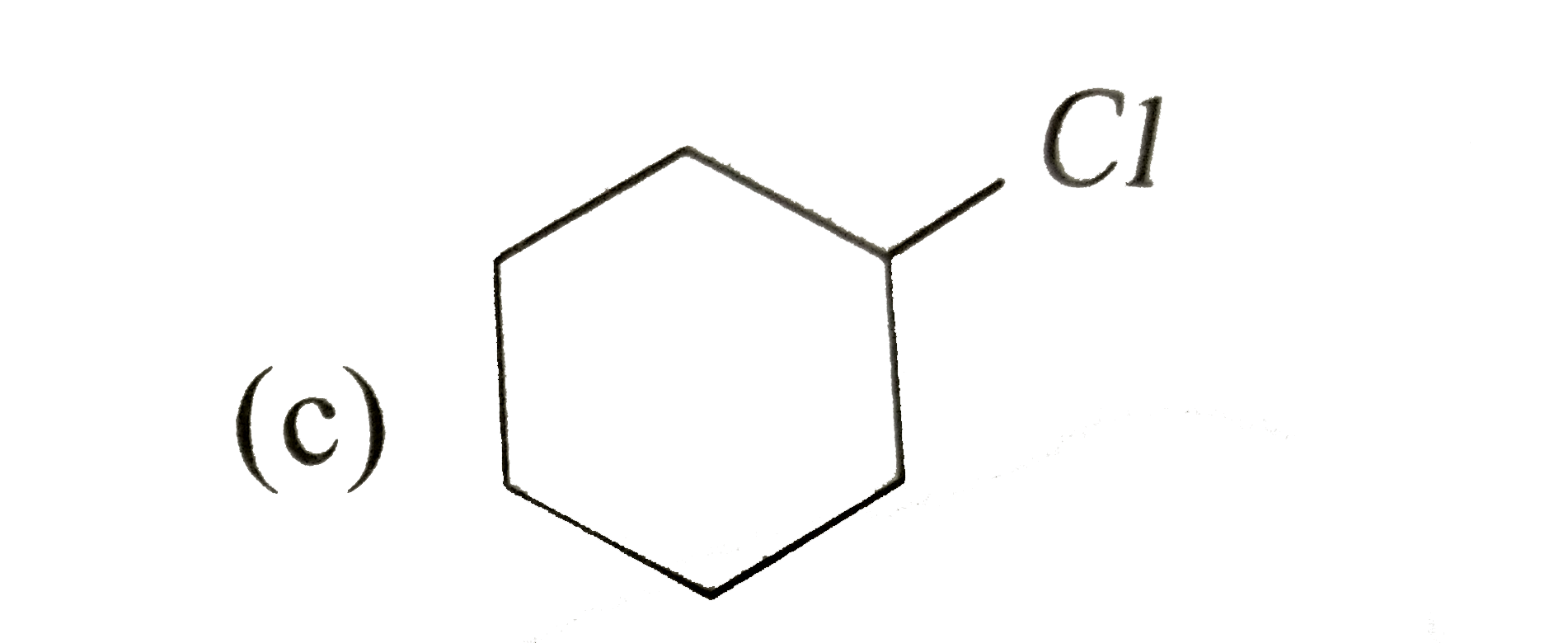 D
D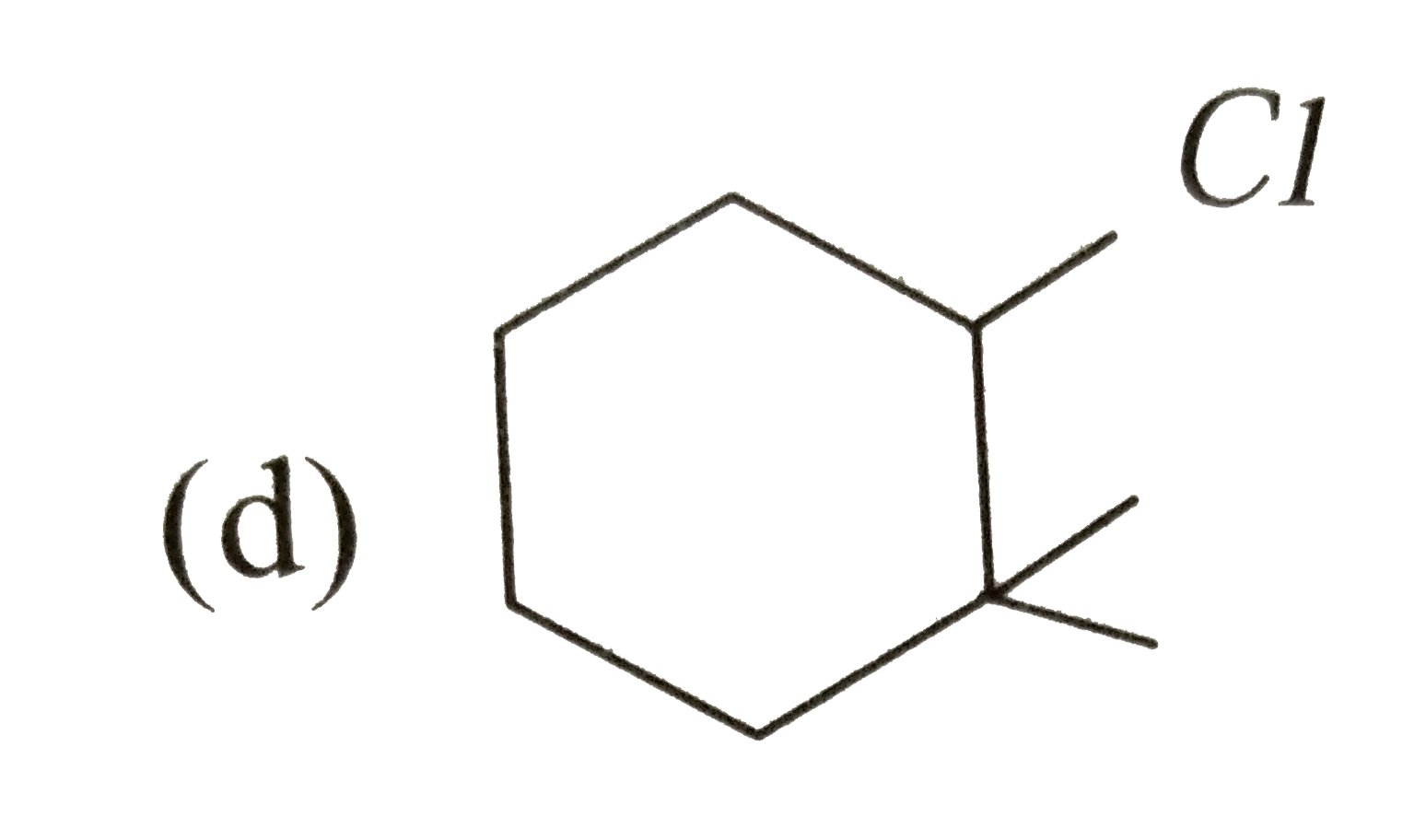
Which one is the most reactive towards SN1 reaction?
View SolutionWhich one is most reactive towards SN1 reaction?
View SolutionWhich one is most reactive towards SN1 reactions ?
View SolutionWhich one is most reactive towards SN1 reactions ?
View SolutionWhich one is the most reactive towards SN1 reaction ?
View Solution

